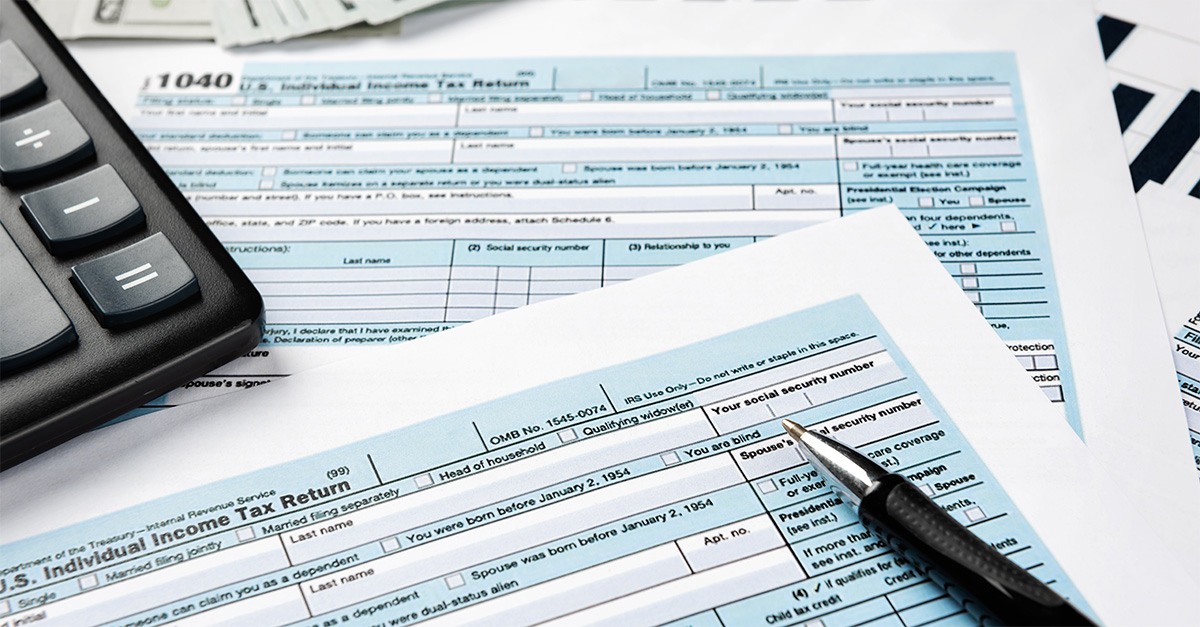Categories
Regular, amended, supplementary: how do the types of tax returns differ?

Tax returns are a nightmare for many entrepreneurs. You'll make a mistake or two when filling it out. That's why, in addition to the regular tax return, there are amended and supplementary returns. We will advise you when to use them.
Regular tax return
A regular tax return is a tax return filed by the deadline set by the tax code. You must also pay the tax within this deadline. The specific rules vary according to the type of tax.
For both personal and corporate income tax, the tax period is usually the calendar year.
You must submit your tax return for the previous year to the tax office at the latest:
- within 3 months of the end of the previous year if you file a paper return (only applies to persons without a data box, others are obliged to file electronically);
- within 4 months of the end of the previous year if you file electronically;
- within 6 months of the end of the previous year if your financial statements are legally audited by an auditor or if your tax return is filed on your behalf by a tax adviser or lawyer.
The tax period for VAT is the calendar month (or quarter for some taxpayers - but they must first get the tax authority's approval). The VAT payer, or the identified person, must file the return within 25 days of the end of the tax period.
Where do people do most mistakes when completing the tax return?
- Discounts. Check that you claim all the discounts and benefits you are entitled to (taxpayer's discount, spouse's discount, child's discount...) in your documents.
- Attachments. Make sure you attach attachments to the main form for all types of your income. If you are claiming tax deductions (e.g. for mortgage interest), be sure to support your claim with the relevant certificate (or contract if you are claiming the interest deduction for the first time).
- Signature. If you are submitting paper documents, a missing signature may cost you an extra visit to the office.
Learn what other tax return errors to watch out for.
Correcting your tax return
If you discover an error on an already filed tax return before the filing deadline, you can replace the document with a corrected return to correct the mistake before the deadline. The tax authorities will then only take the new return into account.
Example: the deadline for filing the tax return is 1 April, you file the document on 20 February. At the beginning of March, you discover an error, so you file a corrected tax return on 15 March. The tax office then only takes the corrected document into account.
To file a corrected (and additional) tax return, you use the same form as for the regular one - you just tick the 'corrected' box on the first page.
Supplementary tax return
Did you discover an irregularity after the filing deadline? All is not lost. You can file a supplementary tax return to correct the mistake up to 3 years after the deadline for the regular tax return. The specific procedure depends on whether you inadvertently over- or under-reported your tax.
Higher actual tax
If you find that your actual tax should be higher than you originally reported, you must file an additional tax return. You have until the end of the next month after you discover the mistake. For example, if you discover an error on 4 April, you must file a new document by the end of May. You must also pay the unpaid tax by the same deadline.
Lower actual tax
If the actual tax should have been lower, you can (i.e. you have the right to) file an additional tax return at your own discretion, within the same deadline as in the previous situation. At the same time, you will also file a claim for a refund of the overpayment.
Warning. In some cases, filing an additional tax return is not possible. These are mainly situations where the tax claimed is under review by the tax authority (e.g. during a tax audit).
Penalties when filing a tax return
If you file your tax return late or incorrectly, you risk penalties.
The penalty for late filing starts from the 6th working day of the delay, at the rate of 0.05% of the tax or tax deduction per day (0.01% for tax losses). However, the maximum penalty will not exceed 5% of the amount due (or CZK 300,000). If the fine is less than CZK 1,000, the tax authority will forgive it. For higher amounts, the tax office will send you a payment order.
Penalties for non-monetary offences can be imposed if, for example, you choose the wrong form of filing (typically a paper return instead of an electronic return) or if you deliver an unprocessable document. The tax office will first warn you of the error - if you do not correct it, it may issue a payment order for a fine, which can amount to up to CZK 50,000 in the worst case.
Penalties are also payable for late payment of tax. From the fourth day after the due date, interest on late payment starts to accrue, which is based on the repo rate set by the CNB. Even in this case, the state administration will forgive the penalty if its annual amount does not exceed CZK 1,000.
Don't despair if the tax authority assesses you a penalty. You can try to apply for a waiver. Applications that meet the conditions set out in the General Financial Directorate's methodological instruction have a chance of success.
Tax returns made easy
Need help with your taxes? Our specialists will be happy to prepare your tax return for you. Just contact us using the form below.
Write to us and we’ll get back
to you within 24 hours.
